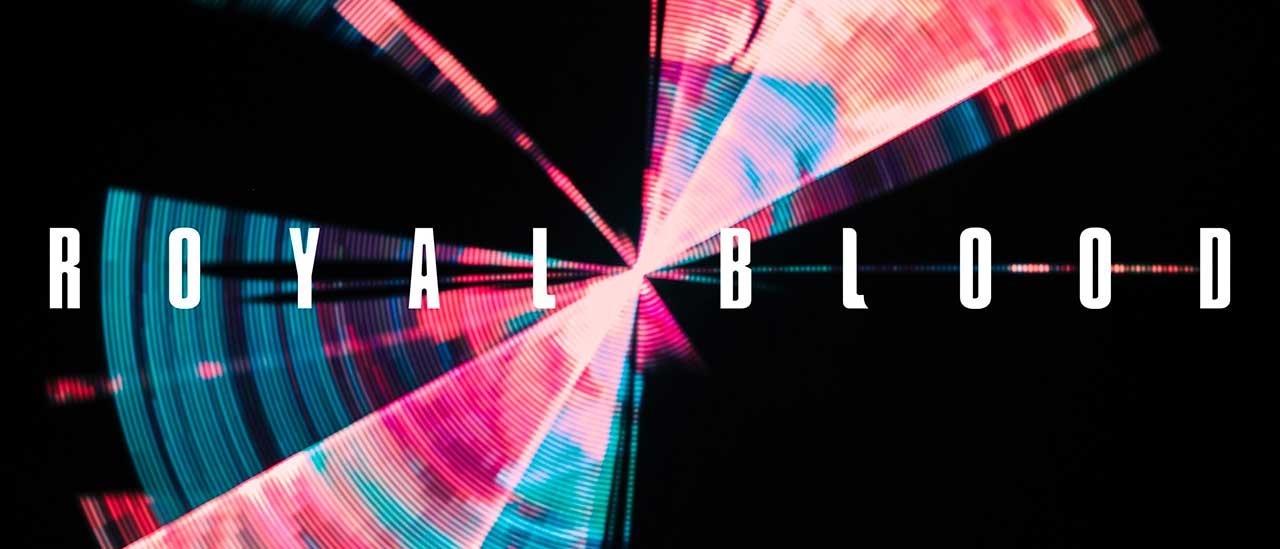You can trust Louder
For decades, anguished blues rock has been a musical gold standard. No matter what scenes, trends and fripperies come and go, there will always be solid currency and credibility in roaring your troubles through a hairy throat to a strutting riff that’s only recently cooled from its magma form.
Of the many bands – mostly duos – that plugged in to the source in the wake of The White Stripes, Brighton’s Royal Blood were among the most intriguing, having the ballast of Muse, the snarl of Queens Of The Stone Age and wrenching an entire Zeppelin’s worth of noise from just drum kit and bass guitar on 2014’s self-titled debut.
The follow-up, 2017’s How Did We Get So Dark?, doubled down on their muscular blues-pop. Four years on, it’s either stagnate or evolve.
From the sound of Typhoons, Mike Kerr and Ben Thatcher were the only two people who spent 2020 on a dancefloor; disco rock is the order of the day, adorned with synthesised 70s strings on Trouble’s Coming and Limbo, modernist pop twinkles and vocal phases on the jungle-gone-metal Who Needs Friends, and retro electronics on Million To One.
Either You Want It trips along on the sort of jaunty psych synth backing that might have been left on the mixing desk from some old Gorillaz session, and if there aren’t actual hand claps accompanying the sequinned Chic chorus of Mad Visions then it definitely wants there to be.
Although the duo have wisely shone their mirror ball on songs rooted in their trademark melodic blues rock, it certainly brightens their previously glowering outlook, even if Kerr’s themes remain black. Paranoia, madness, addiction, devastation; where he’s previously laid bare his romantic catastrophes, this thing makes Lou Reed’s Berlin sound laugh-a-minute.
The record loosely follows the arc of breakdown and recovery, descending from the ‘signs of psychosis’ Kerr sees in the mirror in Trouble Coming, through the depths of Oblivion (‘my personal apocalypse finally arrived’), to tormented dreams of being surrounded by leeches, vultures and cheapskates on Who Needs Friends.
Sign up below to get the latest from Classic Rock, plus exclusive special offers, direct to your inbox!
It reaches rock bottom with the QOTSA-like Limbo, which finds Kerr waking up each day amazed he survived the night. From there, with the help of an understanding soul introduced in Million And One (‘You didn’t run, you stayed… you’re one in a million and one’), Kerr claws his way back to sanity via the self-help falsettos of Hold On to reach a settled, fatalistic peace on piano ballad closer All We Have Is Now. A master class in dancing away the heartache.
Mark Beaumont is a music journalist with almost three decades' experience writing for publications including Classic Rock, NME, The Guardian, The Independent, The Telegraph, The Times, Uncut and Melody Maker. He has written major biographies on Muse, Jay-Z, The Killers, Kanye West and Bon Iver and his debut novel [6666666666] is available on Kindle.


